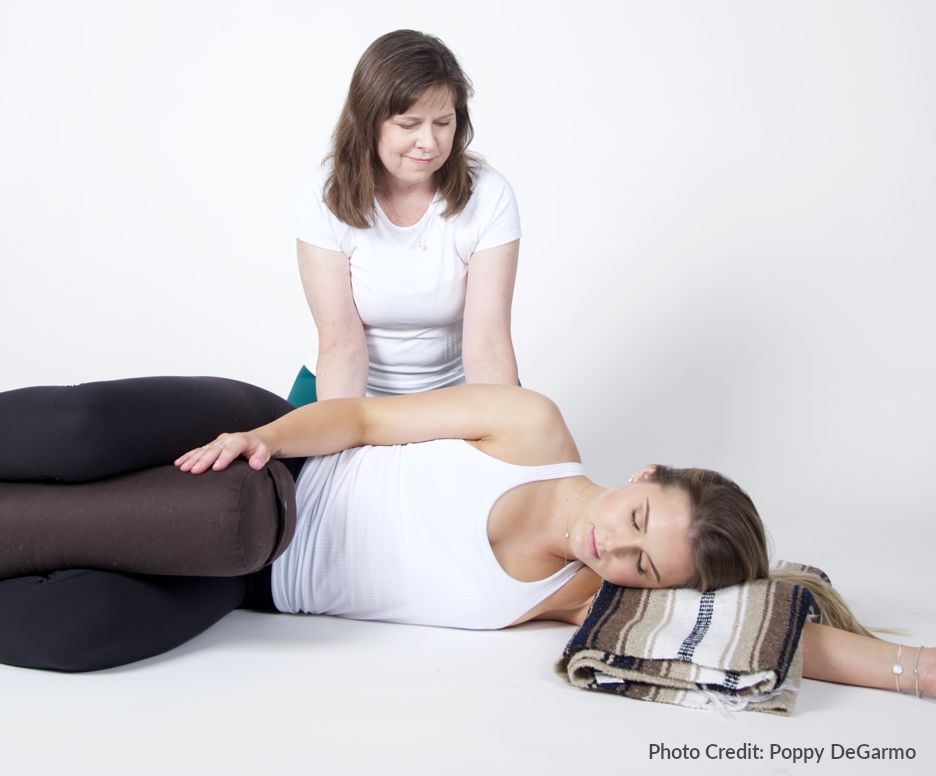It’s hard not to be overly attached to the people we love. Some of the best moments in life are created by our emotional bonds with our family and friends. The beautiful experiences we share and our capacity to experience unconditional love reinforce the ties we make to others. It’s only natural to want to deepen the connection, nurture, and support the people we care about. But the dark side of overattachment, or enmeshment, is that we become so invested in the other that we can lose our sense of self and experience the relationship burning out.
Signs you could be enmeshed:
- obsessive thoughts/worry about the other
- desire to fix the other
- your mood is dependent on the other’s well-being
- lack of boundaries or space
- personalizing the other’s choices
- need for approval from the other
- anger, judgment, or emotional dysregulation when they are not living up to your standards
- feeling the heavy weight of expectation
When you notice these signs of enmeshment, that is your cue to work on healthy detachment, which means to differentiate yourself from the other and come back to your boundaries with a compassionate heart.
Differentiation is a developmental process that is ever unfolding throughout the life course. It means we acknowledge that we are different, unique, and whole. While we acknowledge our interconnectedness with others, we’re also able to cultivate a life that is meaningful to us. Rather than seek self-confidence through relationships, we learn to build it for ourselves. That could mean going to therapy, taking a night class, cultivating a hobby, or spending time alone. Our own personal development moves us from dependence on others toward empowerment.
Boundaries are another path to empowerment. Healthy boundaries are limits that we set for ourselves that allow us to feel simultaneously protected and connected. We can set internal boundaries for ourselves, allowing us to more skillfully manage our thoughts and feelings. For example, when we catch ourselves obsessing over someone’s harmful choices, we can ask ourselves, “Is this thought serving me?” If we understand that the thought isn’t serving us, we can choose another thought, like reciting the serenity prayer. On the other hand, external boundaries are the limits we place with others. Through external boundaries, we manage the frequency to make contact with others and the space between us, which preserves the reality of the relationship. Is it a business, mentorship, romantic, friendship, close, or distant connection that we have? When we can accept the true nature of each relationship, it creates feelings of spaciousness, freedom, and higher qualities of connection.
At times, we will find that the healthiest thing we can do for our relationships is to allow more space. This can feel painful and we may need to grieve the closeness we once felt or hoped to feel. In some extreme cases, we may need to have complete space from someone who has harmed us, completely cutting the tie. Yet, by practicing loving kindness or metta, we can work on compassion for ourselves and even the difficult others. Metta is the Buddhist teaching of friendliness or kindness toward all sentient beings. When we practice metta in our difficult relationships, it’s important that we don’t start with the 500-pound gorilla. Instead, start with someone you have a lower level of conflict with. It’s important to create safety before approaching our bigger offenders (which may take years or even a lifetime to get to). We can offer metta to ourselves or the other by repeating these phrases:
- May you be safe.
- May you be happy.
- May you be peaceful.
- May you be loved.
Healthy detachment can feel like a scary and lonesome experience. However, when it is done with skill and compassion, it can create true and long-lasting intimacy.













